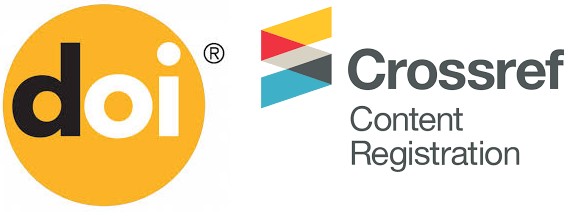Studies and researches
Vol. 15 Issue 2 - 12/2023
State and Entrepreneurship on the Road to Green Growth in a Post Lignite Era: Friends or Foes?
Green governance is an emerging field, attracting
increasing attention from scholars, and governments have been using a range of
policy tools to support the transition to green economy, including regulation;
financial incentives; voluntary agreements; fiscal measures; public sector
procurement; targeting to the deployment of clean energy technologies. Greece
has little experience in developing comprehensive long-term energy and climate
strategies; thus, it is imperative that governance and analytical underpinning
of long-term energy and climate planning be improved, and investment needs and
innovative financing instruments for clean energy technologies analysed. To
investigate the critical issue of state and entrepreneurship synergies in the
framework of the green economy, the present survey employed a web-based
questionnaire distributed to 417 small and medium sized enterprises in Western
Macedonia from September to December 2021. Data analysis involved an exploratory
factor and logistic regression analysis, creating a statistical model with
three independent factors describing basic tools of the green economy. The
results showed that, in Greece, state environmental governance is often
perceived as inadequate, scarce, or constrained by considerations of economic
growth. In addition, the research indicates that government policies with
regards to environmental law implementation are mainly restricted to the
"command and control" regulatory model, which fails to address green innovation
and entrepreneurship and promote synergies between the private sector and the
State. The analyses demonstrate that if government revenues are heavily reliant
on taxes and fines, their capacity to finance structural adjustment programs
can be severely affected, and alternative approaches are necessary to achieve
the green growth.
Read more
Keywords:
green governance, green entrepreneurship, post lignite era, green growth, environmental management, Green Deal
JEL:
Q51, P18
green governance, green entrepreneurship, post lignite era, green growth, environmental management, Green Deal
JEL:
Q51, P18














